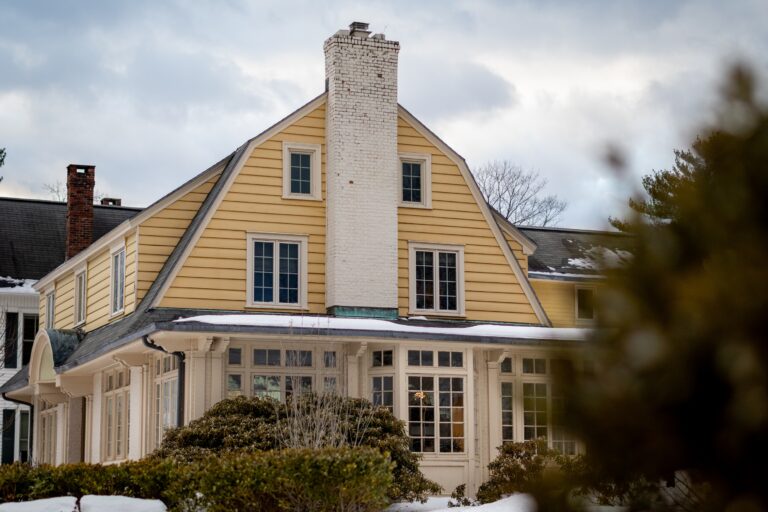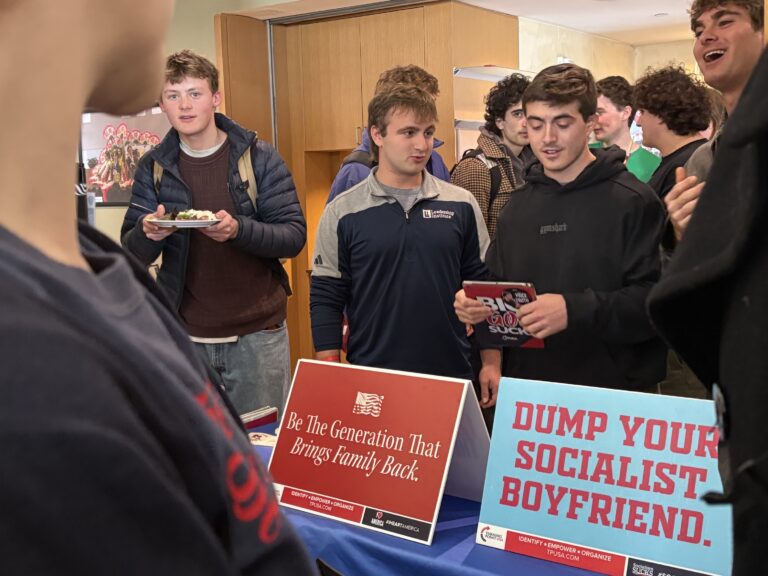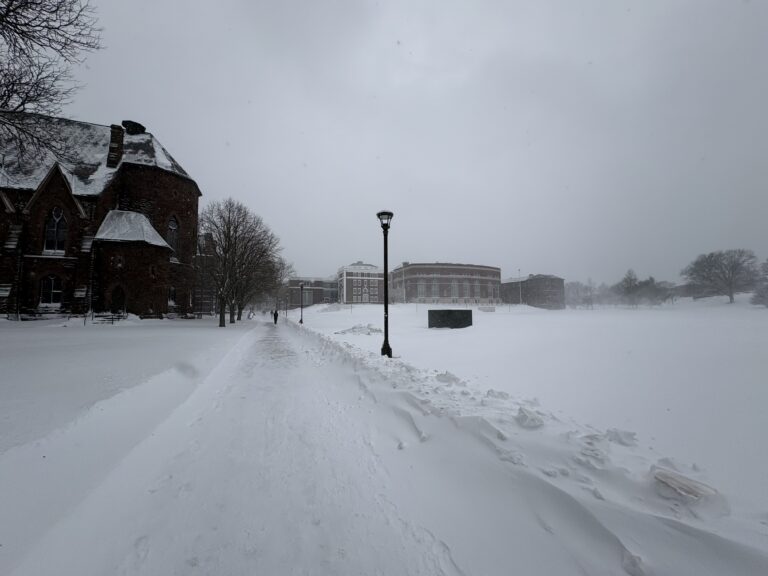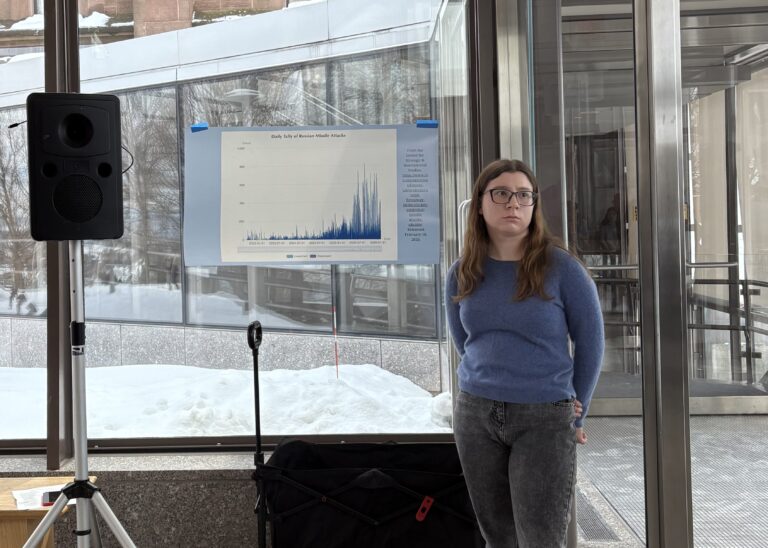Green Street Arts Center moving to bigger location
The Green Street Arts Center (GSAC) in downtown Middletown will soon be expanding into a new building space for its art programs. The center, located in the North End, runs programs and classes in dance, music and the visual arts for the local community. In correlation with Wesleyan University and the North End Action Team (NEAT), GSAC ran its first season of programs in 2002 at the Church of the Holy Trinity on Main Street.
Now, with funding from state grants, the city of Middletown, Wesleyan University, and donations from Wesleyan alumni, the Green Street Arts Center will renovate the inside of the former St. Sebastian School at 51 Green Street, which it will then use as its permanent home. On May 2, a groundbreaking ceremony will be held for this new project.
“We’re pitching it as a big block party,” said Ricardo Morris, Director of GSAC. “There will be hot dogs and chips and dip… the Wesleyan Jazz Ensemble will play, and at 4 p.m. President Bennet and myself will make speeches about the project.”
The construction will continue through the summer months, with the goal of being finished by next fall.
The planned programs for the new center will run every weekday, with opportunities for adults during the mid-morning and early afternoon, an after-school program for school children, and more advanced classes in the evening for teenagers and young adults. Programs and performances will also run on the weekends. These activities are run mostly by volunteers, such as Elizabeth Sprotzer ’06, who helped organize the registration process for this spring’s programs.
“This center is a really exciting opportunity for Middletown,” Sprotzer said. “It will give a lot of students opportunities in the arts that they would not have had otherwise. It’s also a really great opportunity for Wesleyan University and Wesleyan students to get involved in the Middletown community.”
Morris is currently the only hired staff at the Center, but says he is currently in the process of hiring a registrar. He also plans to add a program director, custodian, and part-time teaching faculty next fall when the construction is completed.
The new center will have a number of new facilities, including a green room, practice areas, a black box performance space, a recording studio, dressing and rehearsal rooms, a dance hall, a digital photo lab, and an art café with cabaret tables and a kitchenette.
“It’s going to be incredible,” Morris said.
Wesleyan’s role in the project marks one of its largest off-campus commitments in recent memory, if not in the history of the school. The budget calls for a total of $2.2 million. Roughly $1.19 million has been raised thus far. Almost half of this money came from a large donation made by a Wesleyan alum, and $100,000 came from the University itself.
The University is also participating in managing GSAC. The director of the center has a Wesleyan extension, and the organization still works in affiliation with the CFA. The center’s plan, however, ultimately calls for independence from the University within the next three years, once GSAC has a chance to hire a larger staff and settle into its new home.
The idea for GSAC was first conceived in 2001 as a way of helping to revitalize the North End of Middletown, an area that historically has been a low-income area. NEAT which formed in 1997, has been the primary force in strengthening the community, using the arts as its primary tool, and focusing its energy on reaching out to children and teenagers. Once completed, the new GSAC building will join the Oddfellows Playhouse and the Reanna Café, also affiliated with NEAT, as another home for the now blossoming art scene in the North End.
The children who come to the center are from both the North End itself and the surrounding communities. There are tuition fees for the programs, but Morris and the GSAC have made it clear that no child will be turned away for lack of money. Wesleyan and NEAT are also working to raise the necessary funds for this scholarship money.
Anyone interested in volunteering for the GSAC or learning more about the center can contact Ricardo Morris at (860)-685-7870 or email at rcmorris@wesleyan.edu.







Leave a Reply